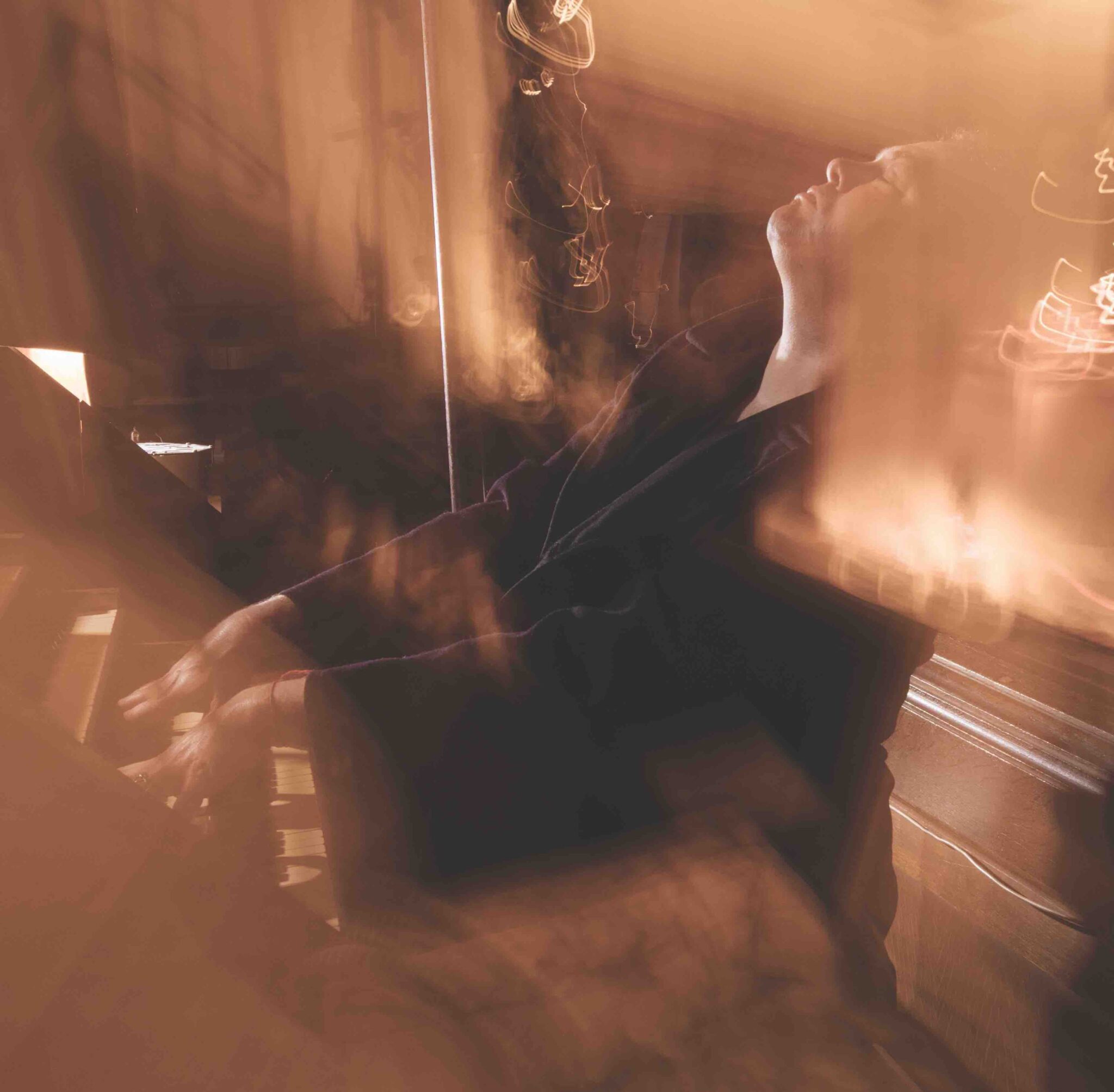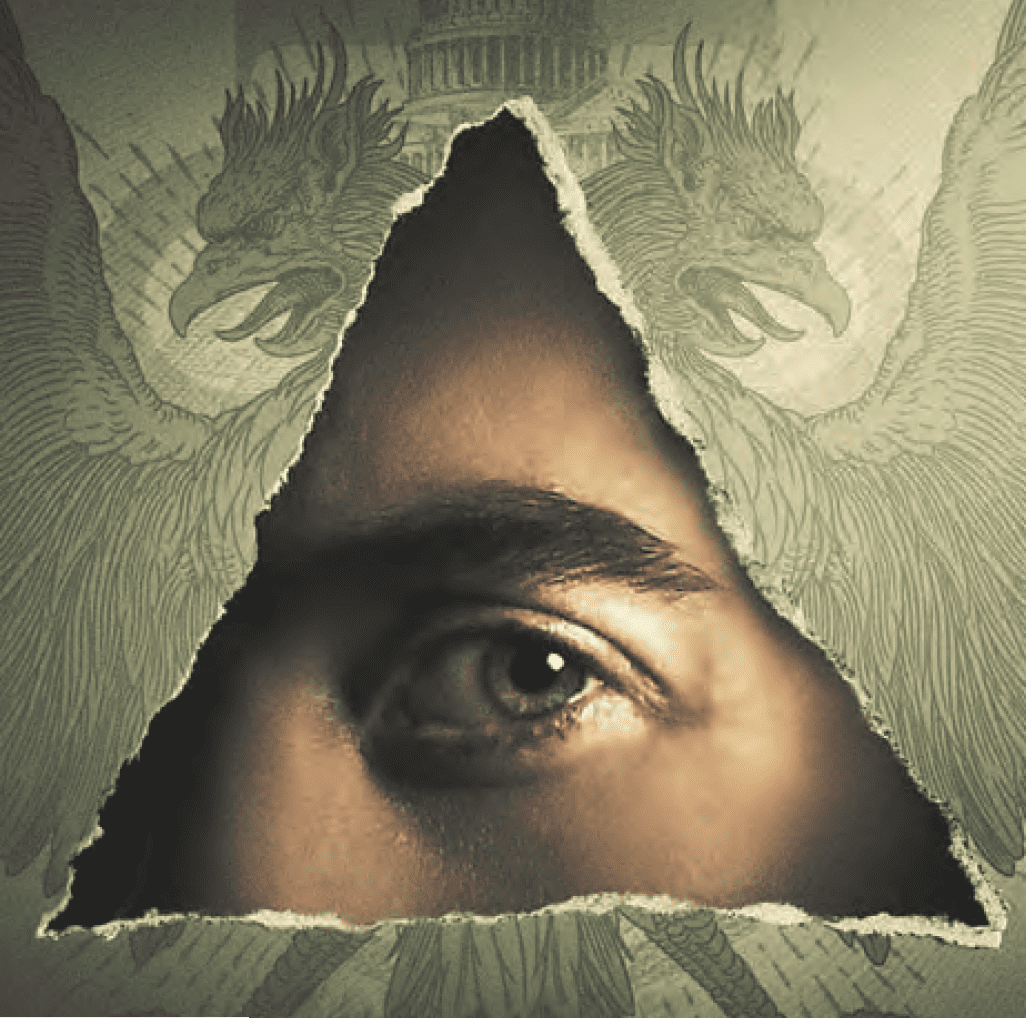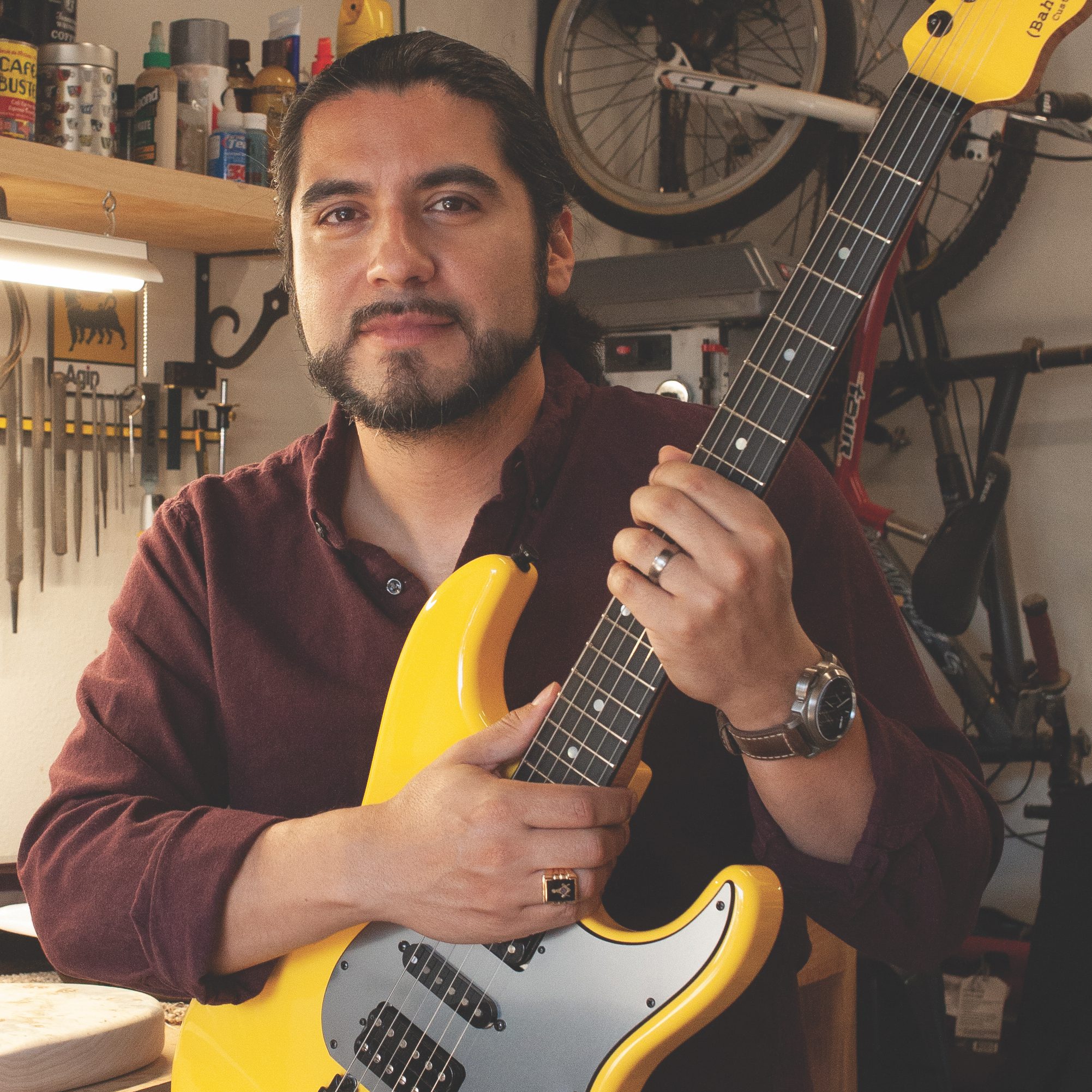
Mystical, Magical, Scarce
Lodge organists are a vanishing breed—but one with the power to transform the Masonic ritual.
You never know when—or where—your big break may come. That’s a lesson aspiring orchestra conductor Austin Davis learned firsthand. Davis, now 29, was fresh out of school and angling for his first professional gig back in 2017 when a fortuitous series of events led him to take the baton and lead a performance at his home lodge in Riverside. We caught up with Davis, who is now pursuing a PhD in conducting at the University of South Carolina, to talk about his work and widening the scope of American classical music.
California Freemason: How did you wind up conducting at your lodge?
Austin Davis: I’d just finished my master’s program at the University of Redlands, and my lodge was doing a celebration for the 300th anniversary of Freemasonry that the Riverside Concert Band was performing at. But at the last minute, one of the musicians had to pull out, and the conductor went to fill the spot. One of the brothers there said, “Hey, Austin is a talented conductor.” They asked if I’d be willing to sight-read the piece, and I said sure. Lucky for me, some members of the band’s board were there, and they offered me the job of associate director, a position I kept right up until I left for South Carolina.
CFM: OK, so what does a conductor actually do?
AD: There’s a lot of mystique to it, isn’t there? Most people just see them up on the podium waving around. But 95 percent of it is sitting at your desk and studying the score inside and out, seeing how all the instruments relate to one another. You’re trying to get into the mind of the composer, which can be tricky, since some of these people have been dead for 200 years. You’re building a vision of how the music should sound, and then finding the best way to convey that to these 80 musicians in front of you so they come together as a cohesive unit.
CFM: I understand you’re a member of the Chickasaw Nation. Which parts of that heritage do you bring with you into your work?
AD: It’s something I’m very passionate about. There isn’t a lot of Native involvement in classical music, although there are a few, like Jarod Tate, who’s had several works commissioned by major orchestras. I really look forward to having the opportunity to find pieces by Native composers and to push these important contributions to American music that we don’t get to hear that much. It’s important for American music as a whole, and I look forward to being able to champion that.
PHOTOS BY
Will Crooks

Lodge organists are a vanishing breed—but one with the power to transform the Masonic ritual.

This fall, in ‘Dan Brown’s The Lost Symbol’ on Peacock, a new Masonic mystery thriller hits the streaming airwaves.
